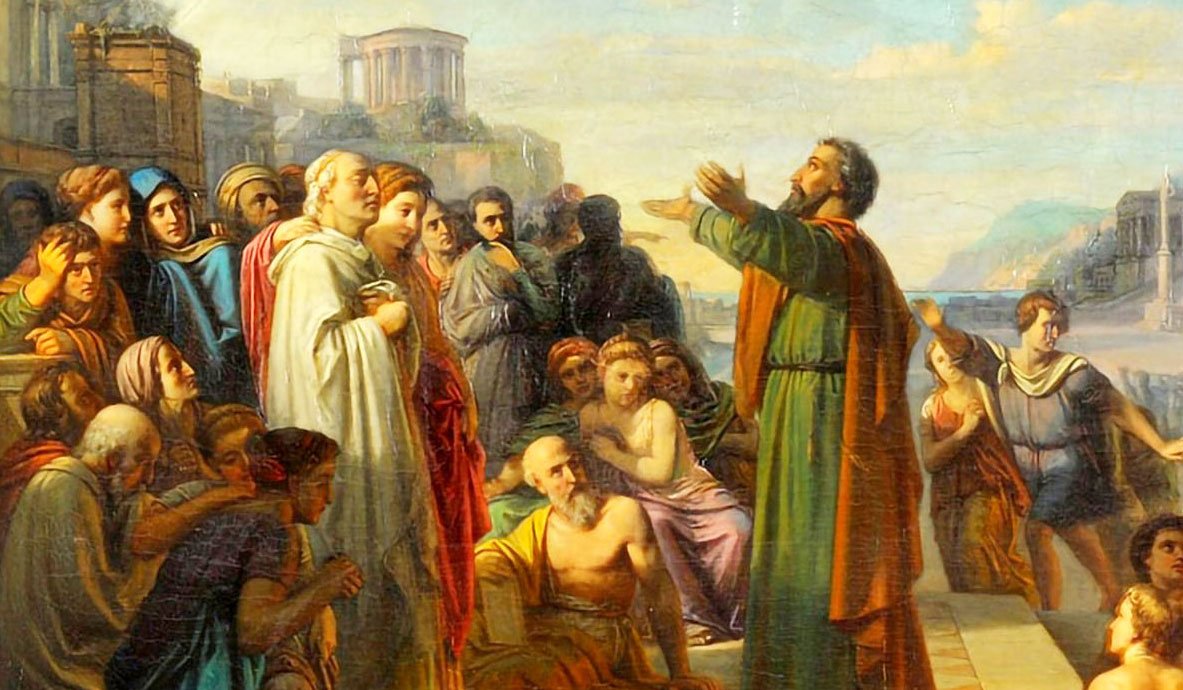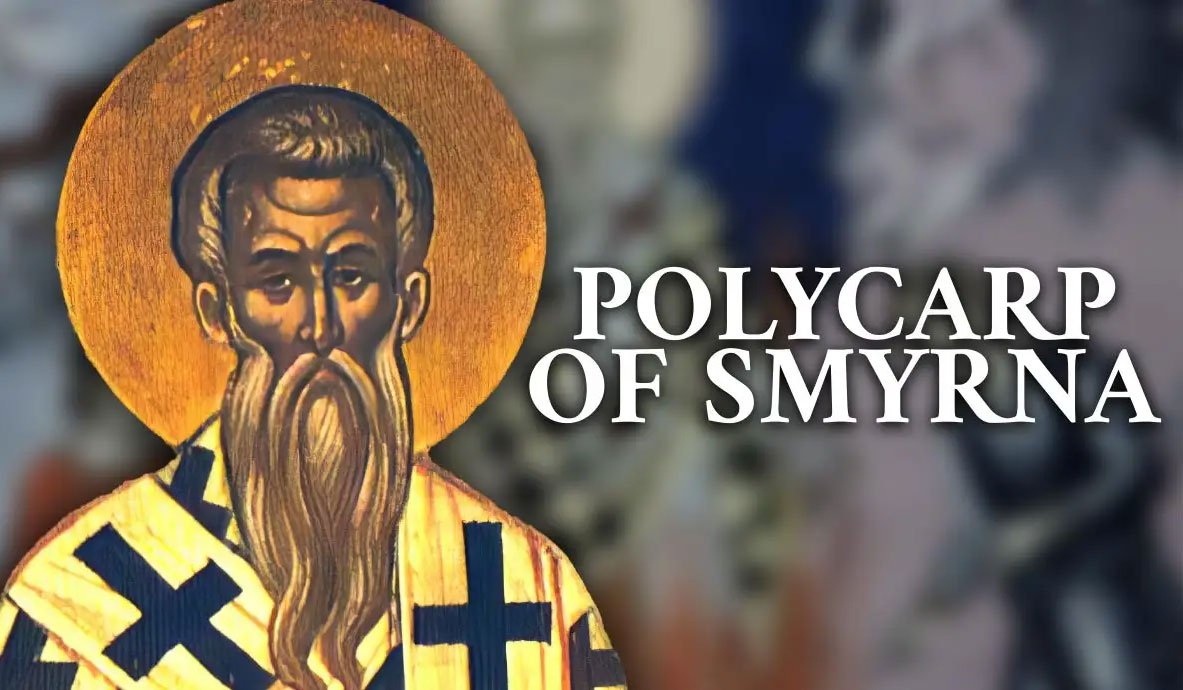The second missionary trip should have targeted Ephesus if Paul didn’t have the vision of the call for Macedonus (Acts 16:9). But at the end of the trip, he came to Ephesus by sea with Priscilla and Aquila (Acts 18:9). After a short stay, he sailed from Ephesus; this should have happened at the end of the 40s, at 50–51 A.D. (?) He wanted to come back. Ephesus was then the second-richest and fourth-largest city of the Roman Empire. The city was at the end of the Silk and Spice Road, beginning via Augusta, one of the harbors of the ancient Mediterranean maritime roads. The city flourished with many beautiful monuments. The Jewish diaspora was very strong, and the population of the Jews was about 10 percent. The majority of the Jews were members of the clan of Benjamin. That’s why Paul could stay for three months in the synagogue.
Paul’s staying in Ephesus for 2.5 years is not accidental but part of God’s plan. At that time, believers and non-believers had to have a strong message that would be circulated all around Asia Minor and the Mediterranean basin.
Let’s not forget that the cult of Artemis was the strongest cult in all of the area, and Artemis was not worshiped only by Ephesians. The people of Ephesus believed that Artemis (Diana) was the reason for and source of their wealth, prosperity, and power. Though blaspheming, Artemis always ended with the penalty of death, (verses 12–6 of chapter 19). It’s very interesting because we hear the words of Paul from the mouth of Demetrius. This Paul has persuaded and turned away many people, saying that there are no gods who are made by hand. We understand that the words of God proclaimed by Paul were heard by everyone, and Paul could leave the city safely. We know today that Paul never preached in the theater. But he preached in the hall of Tyrannius; the location is unknown today. But according to Acts 20/24, “and teaching you in public and house to house,” Paul says he was teaching in the agora because the original Greek text says agora, which means public at the same time. Today we have a lot of streets and monuments unearthed by the archeologist still standing from time to time of Paul in Ephesus. They are all waiting for you.



